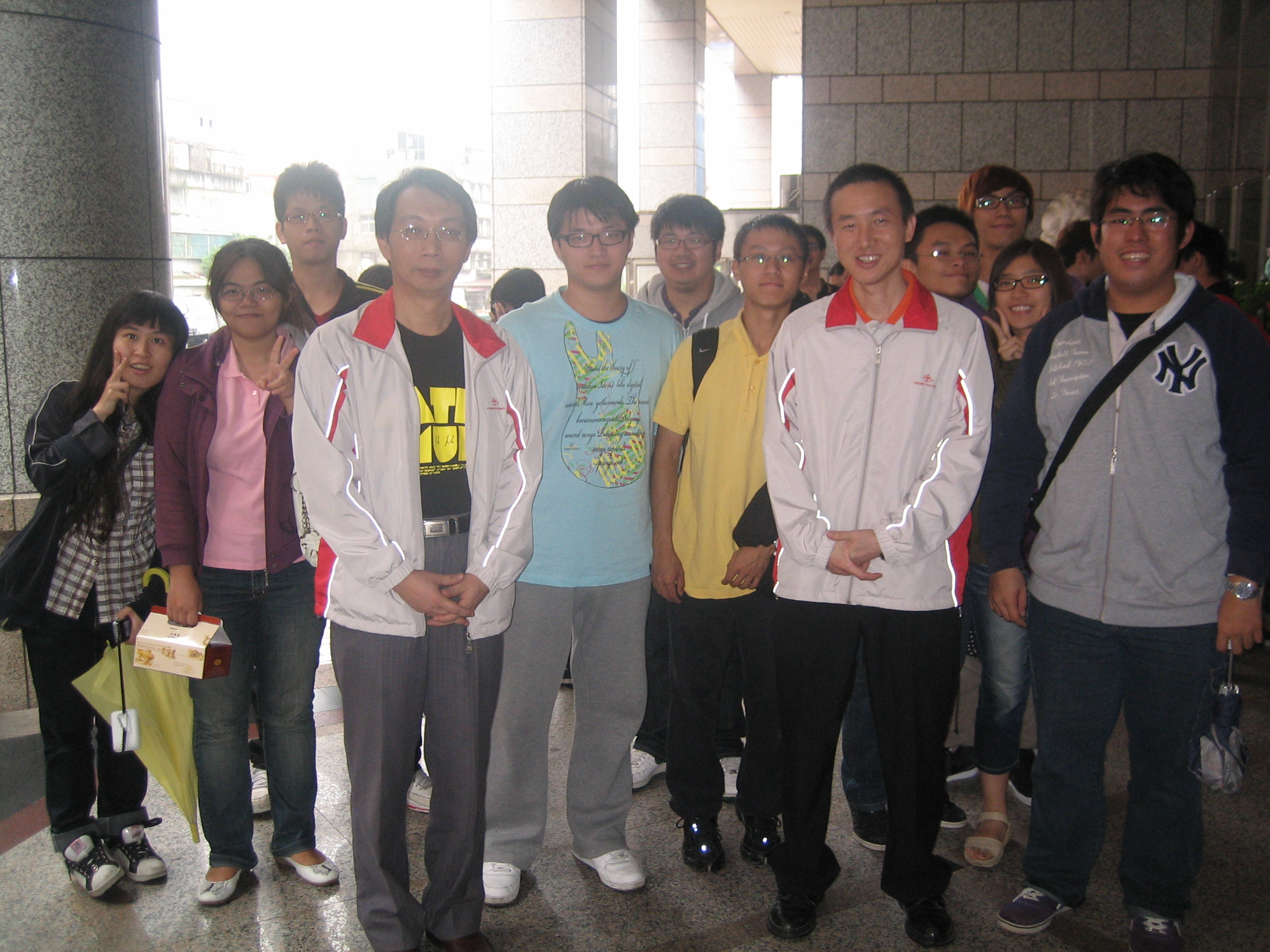Department of Mathematics (Master Program of Mathematics Education)

I. Goals and Characteristics
Goals:
1. General undergraduate students:
(1) Construct the basic knowledge of college level mathematics
(2) Build up foundations for research in mathematics
(3) Cultivate computer skills for integrating into mathematics
2. Undergraduate students who are interested in teacher`s program:
(1) Construct the basic knowledge of college level mathematics
(2) Build up the ability to apply mathematics instructional theory to instructional practices
(3) Build up computer skills for integration into mathematics education practices
3. Postgraduate students in mathematics education program:
(1) Understand basic theory of mathematics education
(2) Build up the foundations for researching mathematics education
(3) Cultivate computer skills for integration into mathematics education
4. Postgraduate students in applied statistics program:
(1) Understand basic theory of statistics
(2) Build up the foundations for researching statistics
(3) Cultivate computer skills for integration into statistical.
5. Master’s program in mathematics education for in-service adults:
(1) Understand basic theory of mathematics education
(2) Build up the foundations for researching mathematics education
(3) Build the ability of professional development for mathematics education
(4) Cultivate computer skills for integration into mathematics education
II. Core Competenciesy
Undergraduate students:
1. General undergraduate students:
(1) The ability of analyzing, communicating, reasoning, and problem-solving for mathematics
(2) The ability of applying basic mathematics knowledge
(3) The ability of integrating computer skills into mathematics
2. Undergraduate students who are interested in teacher`s program:
(1) The ability of analyzing, communicating, reasoning, and problem-solving for mathematics
(2) The ability of applying basic knowledge of mathematics education
(3) The ability of integrating computer skills into mathematics education
3. Postgraduate students in mathematics education program:
(1) The ability of conducting mathematics education research
(2) The ability of applying mathematics instructional theory to instructional practices
(3) The ability of integrating computer skills into mathematics education
4. Postgraduate students in applied statistics program:
(1) The ability of conducting statistics research
(2) The ability of applying statistics theory to practices
(3) The ability of integrating computer skills into statistics research
5. Master’s program in mathematics education for in-service adults:
(1) The ability of conducting mathematics education research
(2) The ability of applying mathematics instructional theory to instructional practices
(3) The ability of integrating computer skills into mathematics education
III. Faculty
The department has established an enviable reputation for teaching and research . The professional areas of the faculty cover a wide range of pure and applied mathematics, statistics and mathematics education.
IV. Development After Graduation
Mathematicians are in demand in a wide range of fields. Some of these careers pathways include: Academia and education, mathematics teaching. Consultation for government and private sector in finance, accounting, banking, and insurance. Information systems and technology research and development.



